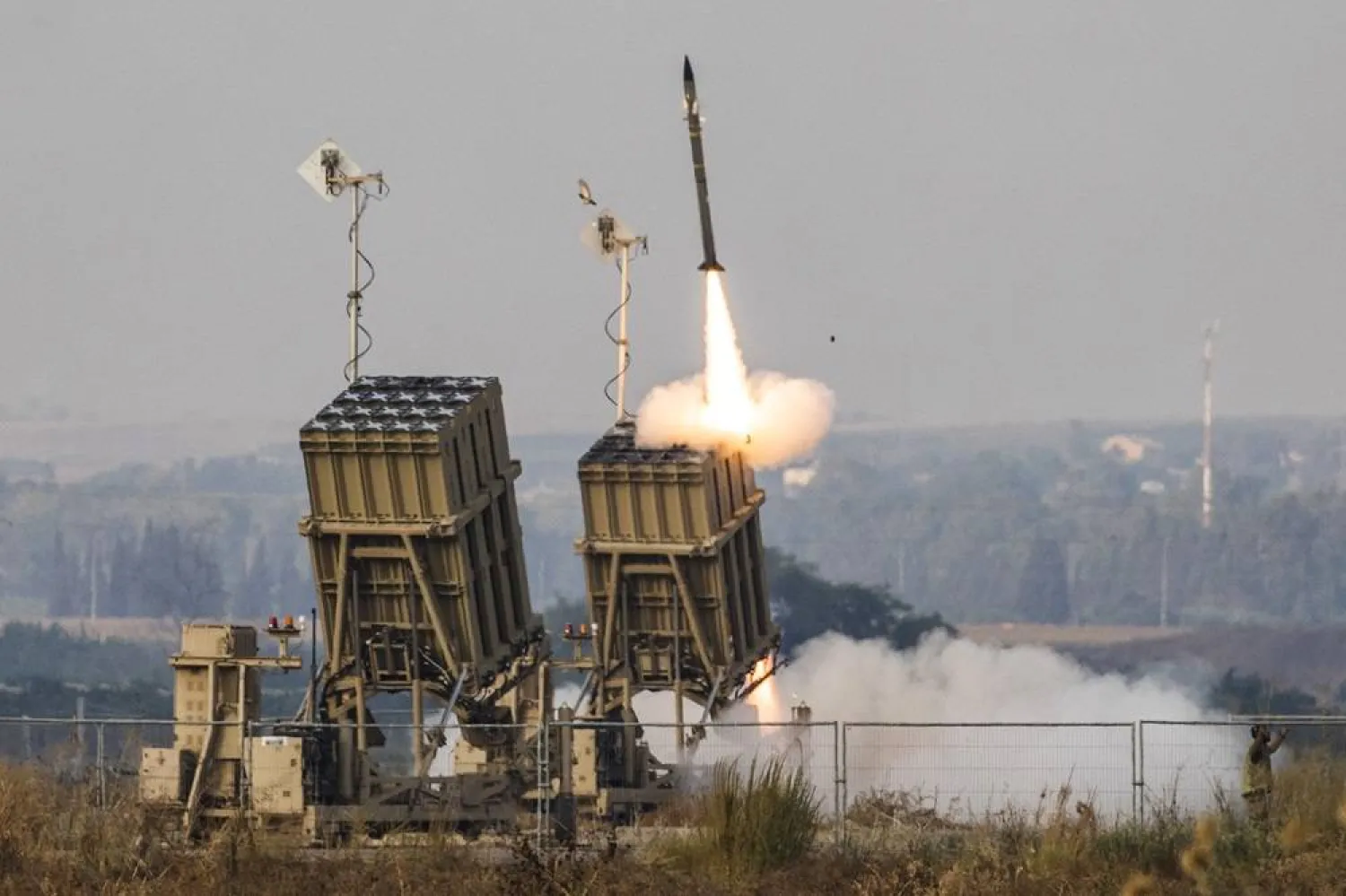Israel’s Defense Ministry said Monday it has signed a $500 million deal to begin production of a laser interception system that can strike down incoming rockets, missiles and drones.
The Iron Beam will be produced by two Israeli companies and is expected to be ready in a year’s time, the ministry said.
Israel already has an elaborate, multilayered aerial defense system that relies on interceptors to strike down incoming missile fire and drones. But Israel has said the Iron Beam system will be a game changer because it would be much cheaper to operate than existing systems. It is expected to be operational within a year
The aerial defense array includes the Iron Dome, which intercepts short range missiles and drones, David’s Sling, which intercepts medium-range missiles, and The Arrow, which intercepts long-range ballistic missiles.
“The Iron Beam will complement the Iron Dome, and the combination of laser and missile interception will further strengthen our defense systems against rockets, missiles, UAVs, cruise missiles, and additional threats,” the ministry said.
The vast majority of missiles and drones fired at Israel during the ongoing Mideast wars have been intercepted. However, some have made it through and drones have become a particular challenge to shoot down.









